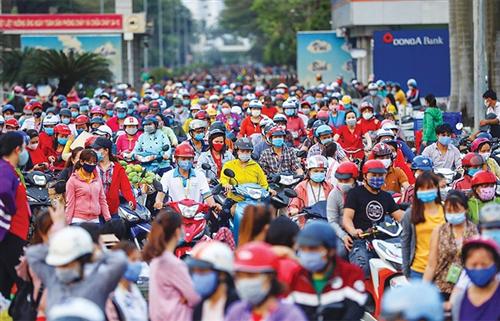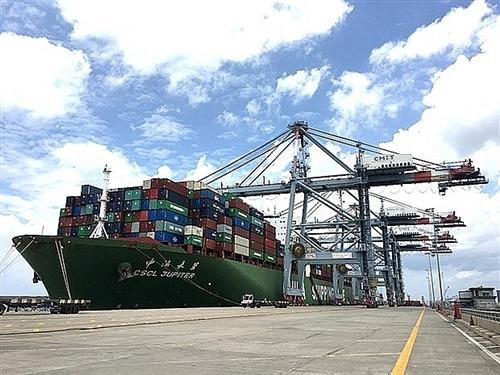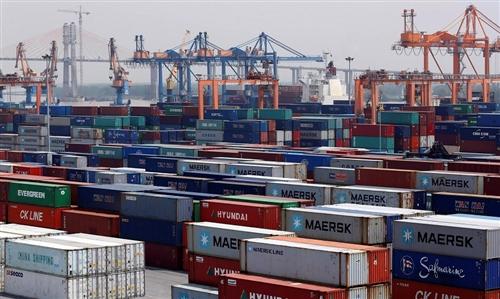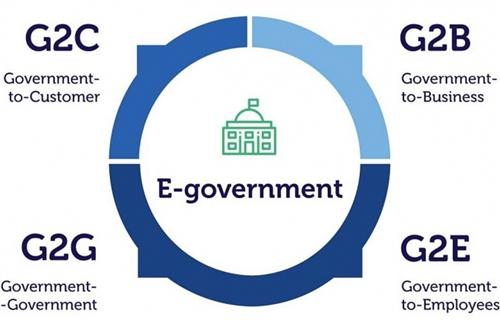Japanese companies aim for new supply focus in Vietnam
Japanese companies aim for new supply focus in Vietnam
Japan will earmark an economic stimulus package of $2.2 billion to help its manufacturing groups shift production out of China due to the coronavirus pandemic. Hirai Shinji, chief representative of the Japan Trade Promotion Organization (JETRO) in Ho Chi Minh City, shared with VIR’s Thanh Van how Vietnam can become an alternative investment destination for Japanese investors.
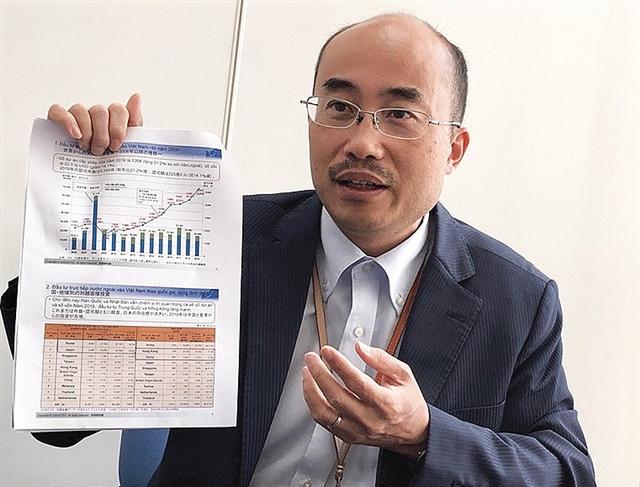
Hirai Shinji, chief representative of the Japan Trade Promotion Organization (JETRO) in Ho Chi Minh City
|
What are the prospects for Vietnam to woo Japanese investors moving out of China?
A lesson learnt from the pandemic is how fragile our economy is to an unexpected disaster if we depend heavily on supply of parts and materials from a particular country. Japan’s Ministry of Economy, Trade and Industry (METI), on April 6 disclosed a plan to realise a more resilient economy through a double-track supply chain approach.
In addition to supporting relocation to Japan, the METI will support Japanese companies when they introduce equipment and facilities for manufacturing of goods into other alternative countries such as ASEAN member states.
Among the ASEAN countries, Vietnam will be a strong candidate because its economy is expected to grow fast once it recovers from the shock of the coronavirus. Risk management capacity demonstrated by the government to keep the pandemic under control will also be positively evaluated by Japanese companies.
What are the advantages of Vietnam in luring investment flow from Japanese companies?
Compared with regional peers, Vietnam is more attractive to Japanese investors due to its favourable indicators such as market scale, growth potential, political stability, and ideal living environment for foreigners. The improved investment climate is attributable to the government’s concerted efforts to reform legislation, the taxation system, and administrative procedures over the past few years.
The increasing labour costs in Vietnam affect Japanese manufacturers serving the export markets. However, this is not a major problem for Japanese companies targeting the domestic market. Indeed, a growing number of Japanese investors are now turning their focus to the lucrative local market.
Could you shed some light on the trend of Japanese investors betting on the local market?
Thailand used to be a favoured investment destination for Japanese companies. If it was three years ago, Japanese investors would opt for doing businesses in Thailand rather than Vietnam. However, the trend has now changed when Japanese investors started to see the attractiveness of the Vietnamese market.
Specifically, Vietnam has great potential for growth with a population of nearly 100 million people, most of whom are young. This, coupled with increasing disposable income of the middle-class, makes Vietnam a new darling for Japanese companies.
Over past years, Vietnam has witnessed a sharp increase in Japanese inflows into the retail and services sectors. Japanese retail giant AEON is increasingly amplifying its business activities in Vietnam. Meanwhile, convenience store chains including the likes of Family Mart, MiniStop, and 7-Eleven have already set up franchises in Vietnam in recent years.
The recent emergence of top fashion brand UNIQLO in the country reflects the growing interest of Japanese businesses to the potential domestic market. The arrival of UNIQLO is expected to draw more Japanese companies to Vietnam in the coming time.
What are the chances of Japanese companies setting up factories here to serve the local market?
Before making any investment decision, Japanese businesses will carefully conduct market research. Each Japanese business deploys its own strategy to gain insight into the tastes of Vietnamese consumers, like displaying their products via Japanese retail chains or their own distribution channels. They will first import the products from Japan to Vietnam to sell at the local market. As their businesses grow, they will consider a plan to build factories here.
Over time, Japanese businesses will adjust their products and services to suit the majority of Vietnamese customers.In particular, they are targeting the rapidly-expanding middle class in the country. Many Japanese investors are looking at the successful story of instant noodle maker Acecook, which has developed a manufacturing base in Vietnam to meet the local demand. Acecook has been a popular brand in Vietnam with a variety of products targeting different customer segments.







